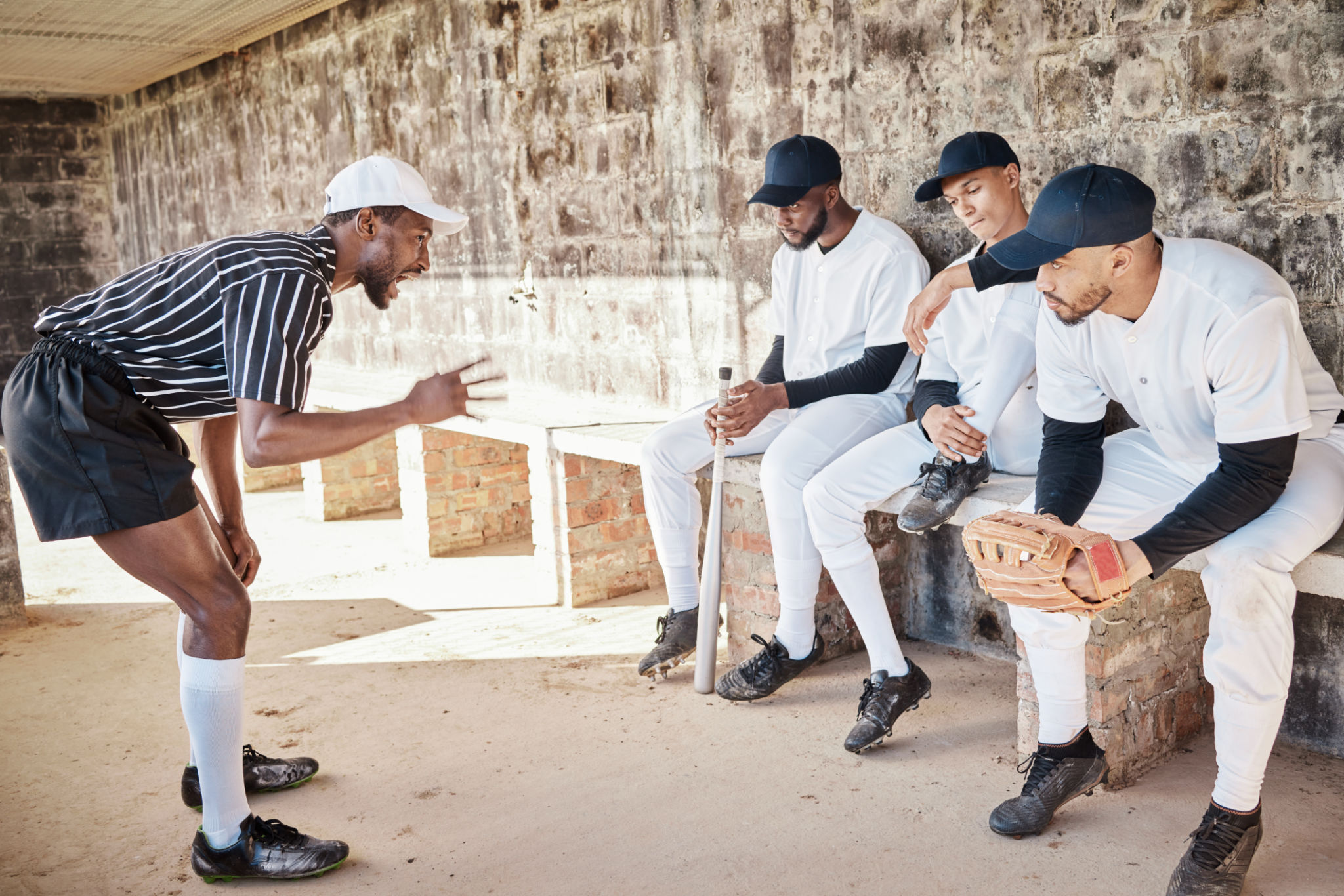What Does a Sports Agency Do? A Comprehensive Guide for Aspiring Athletes
Introduction to Sports Agencies
For aspiring athletes aiming to make a mark in the world of professional sports, understanding the role of a sports agency is crucial. These agencies play a pivotal role in bridging the gap between athletes and their professional aspirations. From contract negotiations to brand management, sports agencies are an integral part of an athlete's career.

Representation and Contract Negotiations
One of the primary functions of a sports agency is to represent athletes in contract negotiations. Skilled agents work tirelessly to secure the best possible deals for their clients, ensuring that their financial and professional interests are protected. This often involves negotiating with teams, sponsors, and other stakeholders to maximize the athlete's earning potential.
What Makes a Good Agent?
A good agent possesses strong negotiation skills, an in-depth understanding of the sports industry, and a commitment to advocating for their clients' best interests. They must be adept at building relationships with team executives, sponsors, and media to create opportunities for their clients.

Marketing and Brand Management
Besides handling contracts, sports agencies focus on marketing and brand management. They help athletes build a strong and marketable personal brand that resonates with fans and sponsors alike. This involves strategizing social media presence, securing endorsement deals, and creating branding opportunities that enhance the athlete's public image.
Endorsement Deals
Endorsement deals are a significant aspect of an athlete's income and brand visibility. Sports agencies leverage their connections with brands across various industries to secure lucrative sponsorships for their clients. These deals not only provide financial benefits but also increase the athlete's recognition and market value.

Crisis Management and Public Relations
In the fast-paced world of sports, athletes may face public scrutiny or unexpected crises. Sports agencies offer crisis management and public relations services to navigate these challenges effectively. They craft strategic communication plans to manage media narratives and safeguard the athlete's reputation.
Media Training
Many agencies provide media training to prepare athletes for interviews and public appearances. This training helps athletes communicate effectively, handle difficult questions, and maintain composure under pressure, ensuring they represent themselves positively in the public eye.

Post-Career Planning
A forward-thinking sports agency assists athletes in planning for life after sports. This includes financial planning, investment advice, and exploring career opportunities beyond their athletic careers. By providing guidance on education and business ventures, agencies help athletes transition smoothly into their next chapter.
Education and Skill Development
Agencies often encourage athletes to pursue education and skill development alongside their sports careers. This dual approach ensures that athletes have the qualifications and experience needed to succeed in other fields after retiring from professional sports.

Conclusion
Sports agencies are essential partners for aspiring athletes, offering a comprehensive range of services that support their career development both on and off the field. From securing contracts to managing brand image and planning for the future, these agencies provide invaluable expertise and resources that empower athletes to achieve their full potential.
